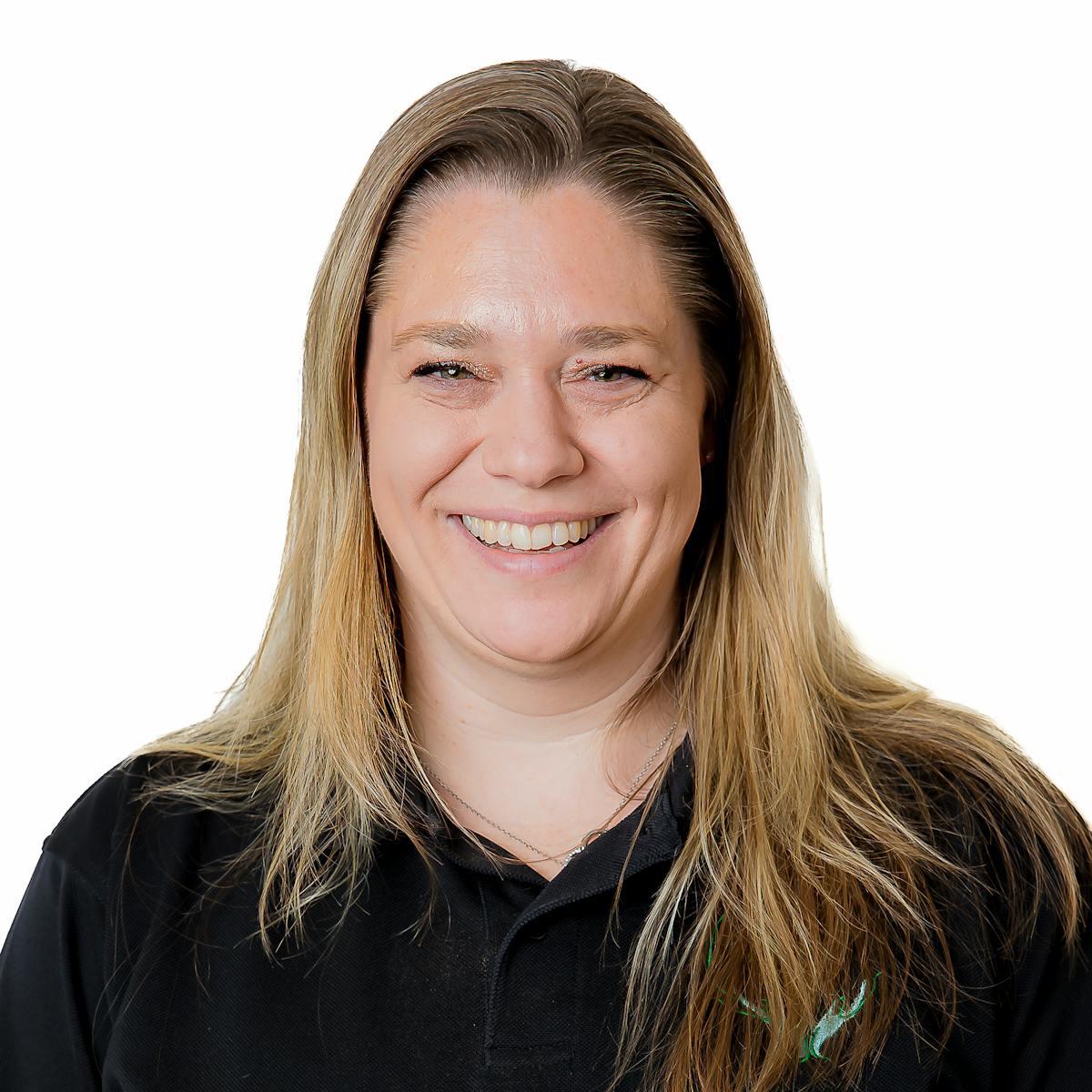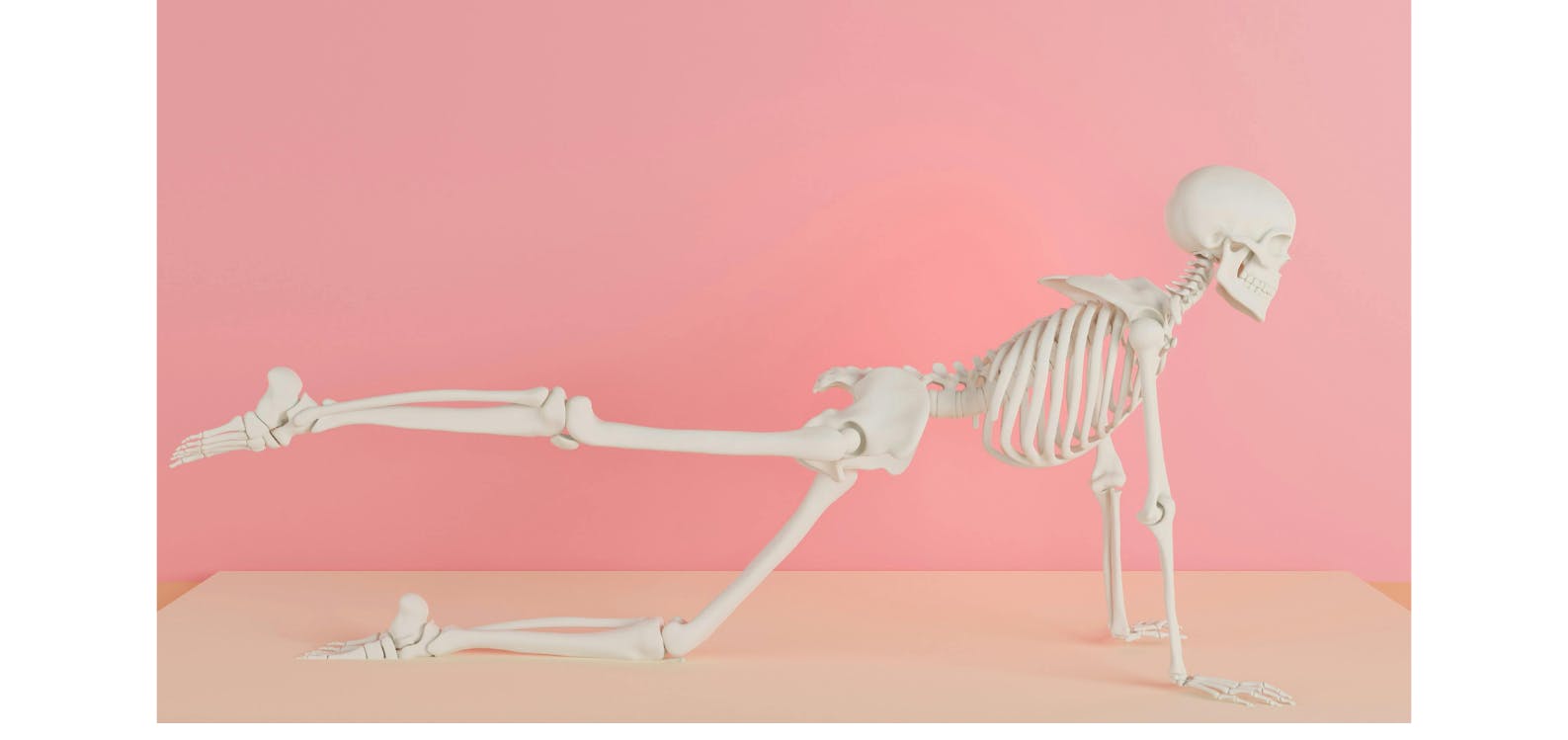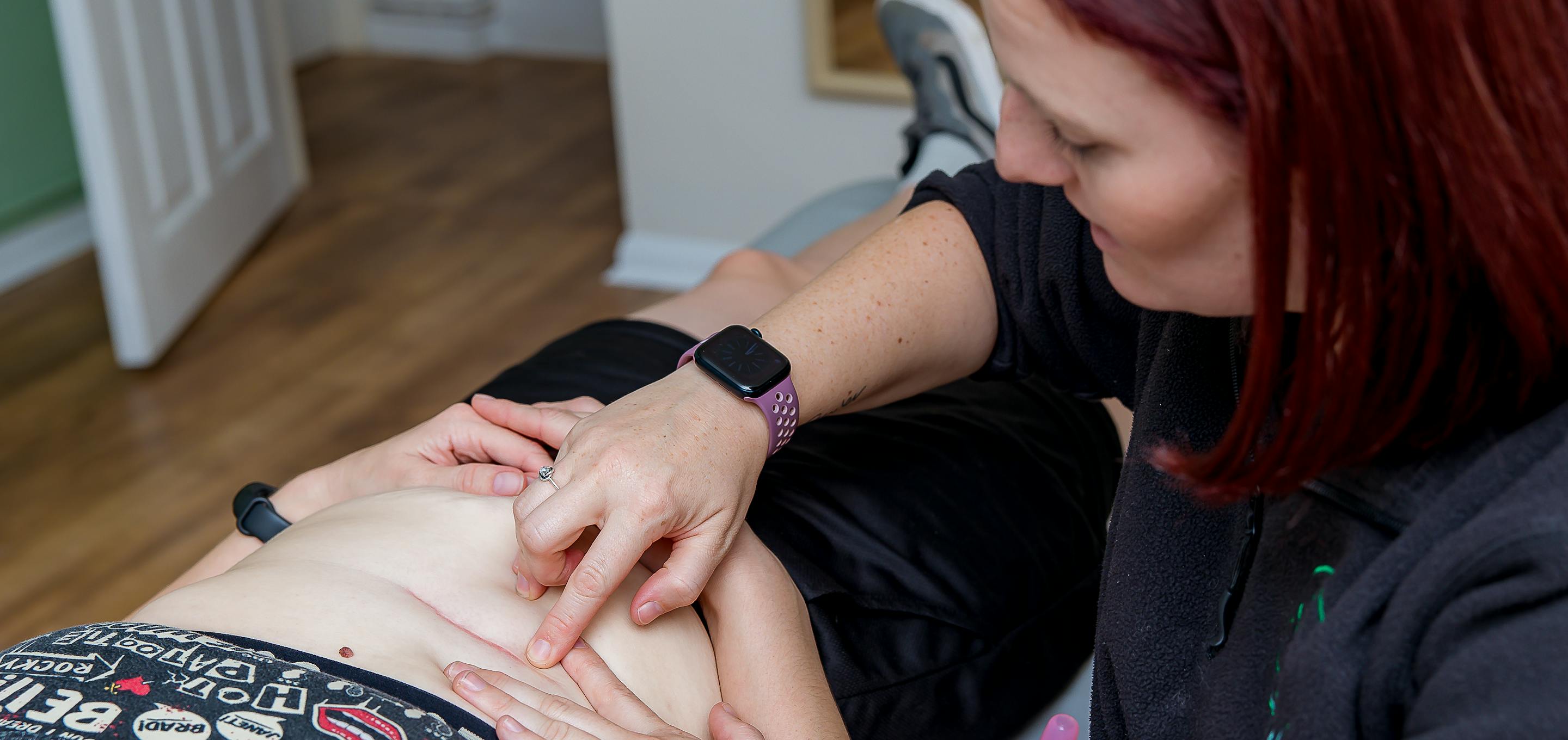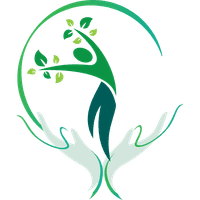Let’s face it — shin splints can be a real mood killer. Whether you’re a weekend jogger, a gym regular, or just someone who loves a good walk without wincing, that persistent leg pain can take the fun right out of moving. It’s frustrating, uncomfortable, and downright annoying when your legs aren’t playing ball.
The good news? You don’t have to just put up with it. At The Oast, we love helping people get back to doing what they enjoy — pain-free and feeling confident. And when it comes to stubborn shin splints, shockwave therapy is one of the most effective (and surprisingly simple) ways to give your legs the support they need to bounce back.
Let’s take a closer look at what it is, how it works, and why it might just be the game-changer your legs have been waiting for.
What Are Shin Splints, Really?
Shin splints (medial tibial stress syndrome, if you want to impress your friends) refer to pain along the inner edge of the shinbone (tibia). It’s a common culprit among running injuries, especially if you’ve ramped up your training too quickly or switched surfaces — like from treadmill to tarmac — without giving your body time to adapt.
That dull ache or sharp sting often signals inflammation of the muscles, tendons, or even the bone itself. It’s your body’s polite-but-firm way of saying, “Please slow down!”
Enter Shockwave Therapy:
Despite its name, shockwave therapy isn’t the stuff of comic book origin stories. It’s a non-invasive treatment that uses sound waves (not electric shocks — breathe easy) to stimulate healing in injured tissues. Think of it as giving your body’s natural recovery process a gentle but firm nudge in the right direction.
When applied to shin splints, shockwave therapy helps to:
- Reduce pain by desensitising nerve endings
- Increase blood flow to accelerate healing
- Break down scar tissue and calcification
All with minimal downtime and no need to hit pause on life for too long.
Why It Works for Shin Splints
Here’s the clever bit: shin splints often develop from repeated stress and inadequate recovery. So while traditional treatments - rest, ice, exercises certainly have their place, they sometimes fall short when the issue is more chronic or stubborn.
That’s where shockwave therapy shines. It targets the root cause of leg pain, not just the symptoms — making it a brilliant option for athletes, runners, or anyone who’s tried “just resting it” and is still hobbling around like they’ve run a marathon in wellies.
Integrated with Osteopathy and Sports Therapy
At The Oast, we don’t believe in one-size-fits-all. Every leg, shin, and stride is unique. That’s why we pair shockwave therapy with personalised Osteopathy and Sports therapy sessions. Our expert Osteopaths assess movement and muscle imbalances to ensure your treatment plan addresses the full picture — not just the flare-up.
Think of it like fixing the pothole and the road that leads to it.
What to Expect from Treatment
• Each shockwave session lasts around 15–20 minutes
• Most people feel significant improvement after 3–5 sessions
• No needles, no medication, no drama
• You’ll still be able to walk out of the clinic — just likely with a little less limp and a lot more hope
Ready to Run (or Walk) Without Pain?
Shin splints don’t have to be the end of your running story — or your daily dog walks, gym sessions, or weekend hikes. With the right combination of shockwave therapy, Osteopathy, and expert support, you can get back to doing what you love without wincing every time your foot hits the floor.
We’re here to help, with the experience, empathy and elbow grease needed to get you back on track.
Struggling with shin splints? Book a consultation with one of our Osteopaths and find out how shockwave therapy could be the solution your legs have been waiting for.
Because you were made to move — not to sit on the sidelines.






